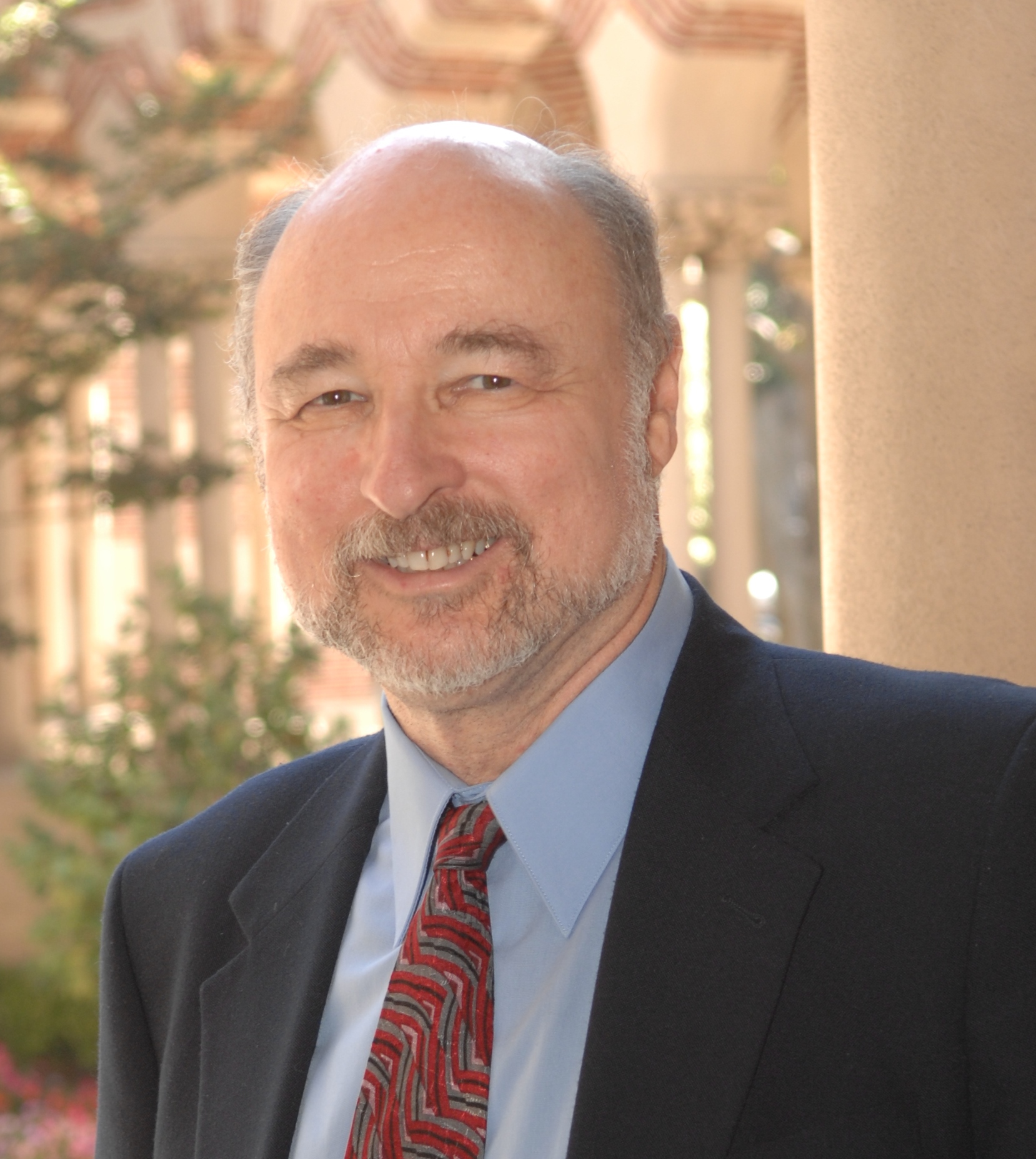News | Gordon Examines Propensity to Work at Home
Stop the VideoNews


On February 9, USC Price Professor Emeritus Peter Gordon presented his research, Does the Relative Importance of Tacit Knowledge Explain Occupational Variations in Propensities to Work at Home? to practitioners, professors, and students on the USC Main Campus as part of the METRANS Spring 2015 Transportation Research Seminar Series.
Most people now carry a modern cell phone, the equivalent of a supercomputer, in their pocket, Gordon notes, and the impacts of this on people’s everyday activities are easily seen. We are communicating with others and sharing information at ease and at rates we could not imagine in decades past. Cell phones, once a luxury, are now relatively cheap, and are commonly viewed as a necessity to function in today’s world.
Recognizing this, Gordon asks the question, “What about the impacts of cheap and easy electronic communications on location choice and cities?” Cities are designed for agglomeration, facilitating access and reducing distance, so diminished need for proximity may pose a real threat to the desirability of city location as increasing numbers chose to work from home. Does the ability to communicate easily from anywhere explain this choice?
To answer this question, Gordon analyzes data for U.S. workers who do most of their work at home and analyzes to attempt to explain the reason for this choice.
Gordon found that there is an upward trend to work at home across locations, and occupation is the most important determinant of that choice. Certain occupations, for example arts, design, computer and math related, business operations and personal care, were much more likely to afford workers the ability to work from home than others such as food preparation and serving, health care, and technical occupations.
Doctor Simon Choi, Chief of Research and Forecasting, Southern California Association of Governments, found the strong link between occupation and propensity to work at home, “extremely interesting and very useful for SCAG. I found it most interesting that occupation matters in determining tele-work propensity,” he continued. “This research seminar helps me to better understand the important factors influencing tele-work behavior decisions.”
Gordon found that while some of the variation among occupations and their choice to work at home can be explained by the ability to set up a home shop, most cannot, and for the majority, he found that occupations which rely on codified information exchange are much more likely to report a higher percentage of workers at home than those which rely on tacit information.
Rodd Amos, CSULB alum who is transitioning his existing skills to a career in transportation, remarked, “Hearing from researchers like Professor Gordon helps me to discover and assess career opportunities in transportation. I find the way technology and broadband coverage enables people to work from home to be most interesting.”
Gordon further notes that much of the information we exchange involves tacit information, suggesting that agglomeration is not ending and cities are not dying.
Haitham Sumrain, USC Master of Electrical Engineering student from Jordan, remarked that research such as Gordon’s is valuable for both his current studies and his upcoming professional life. “By understanding the current industry challenges, I can better approach and provide solutions for them. What interests me most about transportation,” he continued, “is the direct impact it has on all parts of our lives and how transportation systems can change people's behavior. It's interesting how different cities with different culture and life styles have different preferences of transportation.”
Peter Gordon is Professor Emeritus at the University of Southern California's Price School of Public Policy, where he taught and conducted research for 43 years until his retirement at the end of 2013. Gordon's research interests are in applied urban economics. Gordon and his colleagues developed various economic impact models which they applied to the study of the effects of infrastructure investments or disruptions from natural events or terrorist attacks. In addition, he continues to be interested in urban structure and how it relates to economic growth along with the associated policy implications. Peter Gordon has published in most of the major urban planning, urban transportation and regional science journals. He is a Fellow of the Regional Science Association International. He has consulted for local, state and federal agencies, the World Bank, the United Nations and many private groups. Gordon received his Ph.D. from the University of Pennsylvania in 1971.
Gordon's full presentation can be viewed on YouTube at: http://youtu.be/5ul7UTdyKaE
News Archive
- December (1)
- November (6)
- October (4)
- September (2)
- August (3)
- July (4)
- June (3)
- May (7)
- April (8)
- March (11)
- February (8)
- January (7)
- December (7)
- November (8)
- October (11)
- September (11)
- August (4)
- July (10)
- June (9)
- May (2)
- April (12)
- March (8)
- February (7)
- January (11)
- December (11)
- November (5)
- October (16)
- September (7)
- August (5)
- July (13)
- June (5)
- May (5)
- April (7)
- March (5)
- February (3)
- January (4)
- December (4)
- November (5)
- October (5)
- September (4)
- August (4)
- July (6)
- June (8)
- May (4)
- April (6)
- March (6)
- February (7)
- January (7)
- December (8)
- November (8)
- October (8)
- September (15)
- August (5)
- July (6)
- June (7)
- May (5)
- April (8)
- March (7)
- February (10)
- January (12)















